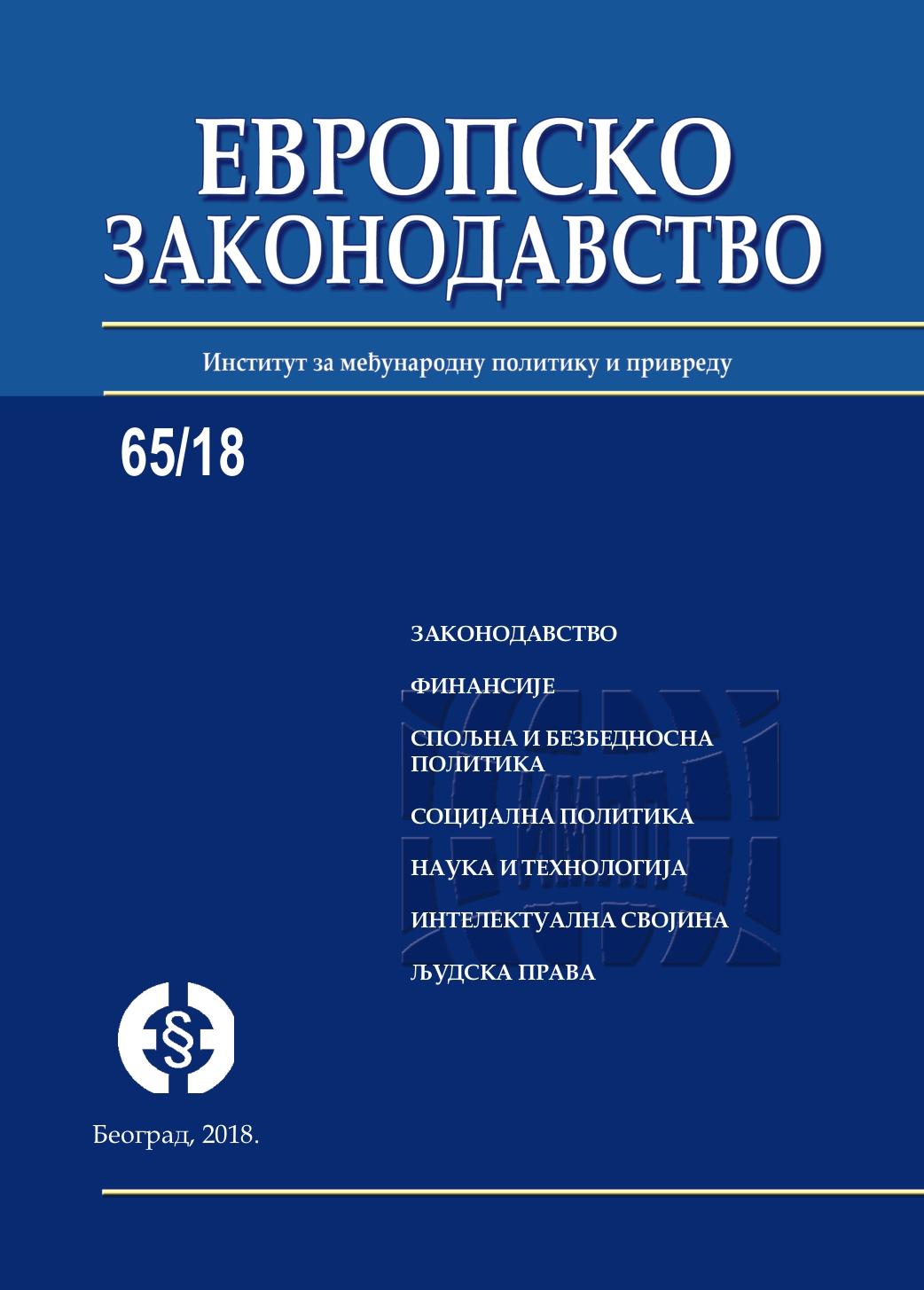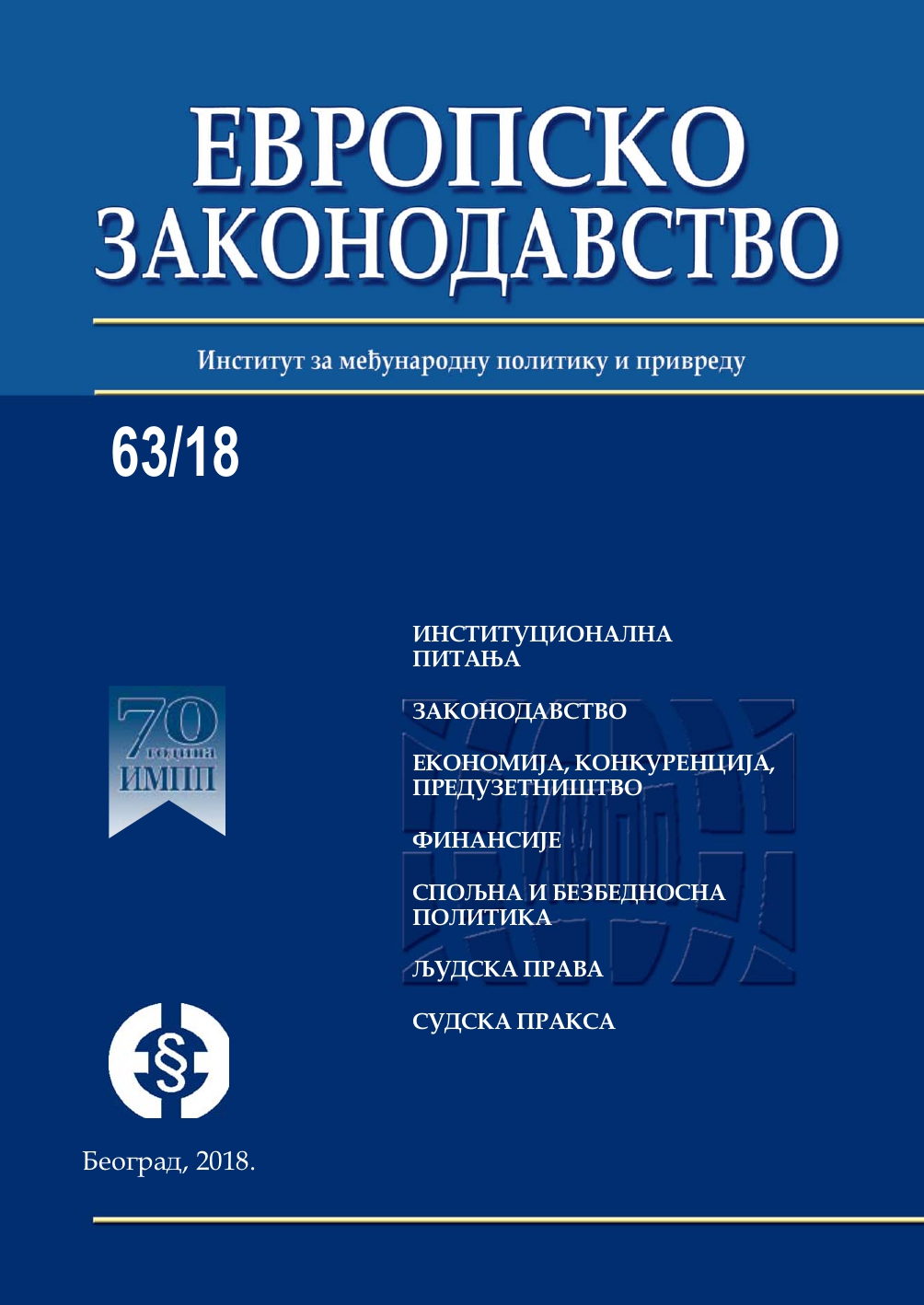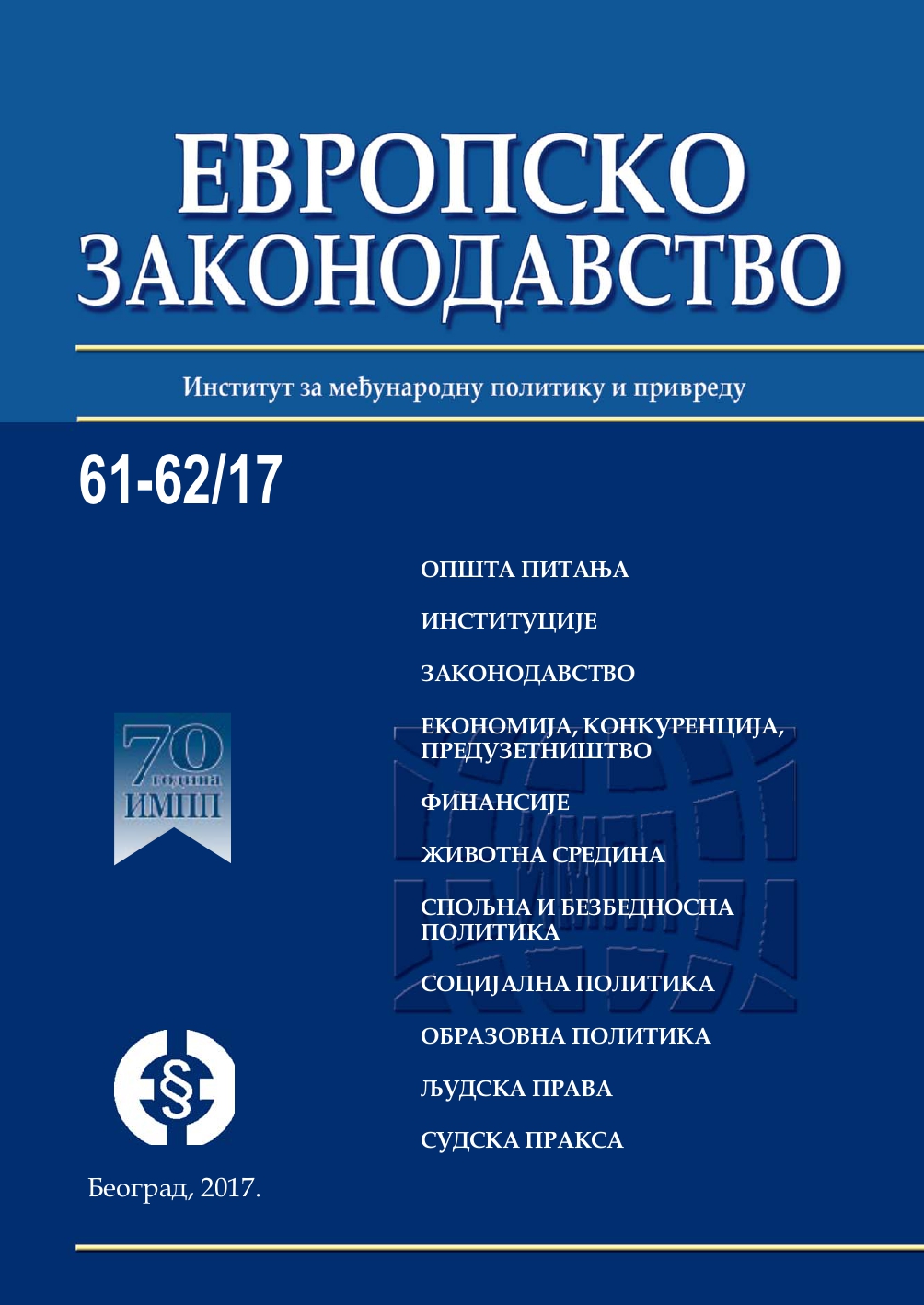
Законодавство европских и других земаља о статусу личне карте
According to the research we have conducted, the possession of an ID card is compulsory in about a hundred countries, but the meaning of the term “compulsory” may have a different definition. As we will note from the further research, in some countries, the possession of an ID card may only become compulsory at a certain age. In a small number of countries, the penalty for non possession is monetary, but in some cases, a person may be detained until identity is proven. The random checks of the ID card are rare in the West European and American countries, or otherwise, the checks are undertaken in certain circumstances or periods. The number of countries that do not have national ID cards is almost identical to the number of countries where a citizen has a legal obligation to submit a request to the competent authority to obtain an identification document. A number of countries in the world have alternative legal solutions, by which citizens have the right to apply for an identification document to the competent authority but just on a voluntary basis. So, a citizen decides whether he will have or not have an ID card. We can note from this work that it does not deal with the arguments obtained in the legal and philosophical theory - for or against the legal obligation of possessing an ID card, but whether not carrying an ID card is sanctioned. It may not be difficult to show a state authority has the right to punish a citizen who does not carry an ID card when walking around in the city of his residence, where he lives and works, but we will direct our research to the value of what is achieved by this punishment and show all its harm. The findings from the taken sample show that the penalty for not carrying an ID card is prescribed in 0.3% of countries around the world. Also, the penalty for not carrying an ID card on the Balkan is prescribed in 83% of countries. We are facing the fact that from all EU states, only two countries have penalties for not carrying an ID card. That makes 0.07% of the total number of the EU countries. Over the investigated period of 20 years, more than 195,000 minor offense charges for not carrying an ID card were submitted in the Republic of Serbia, which makes 27.63% of the total number of inhabitants. On every 36th citizen in the Republic of Serbia, sanctions were imposed for not carrying an ID card. Contrary to the above findings in the Republic of Serbia, there are democratic achievements found in the compatible theoretical research in the legal acts of the countries of traditional democracies. In England, there is no document described in the Law on the Identity Card of the Republic of Serbia and Bosnia and Herzegovina. So, the research points to the fact that a citizen of England, Sweden and some other countries cannot be asked for an ID card, and the authorities have not even passed such a legal act. On the other hand, countries like the Federal Republic of Germany have legal acts that require from a citizen to have an identification document, but at the same time, there is no prescribed legal sanction in the case of not carrying it.
More...


